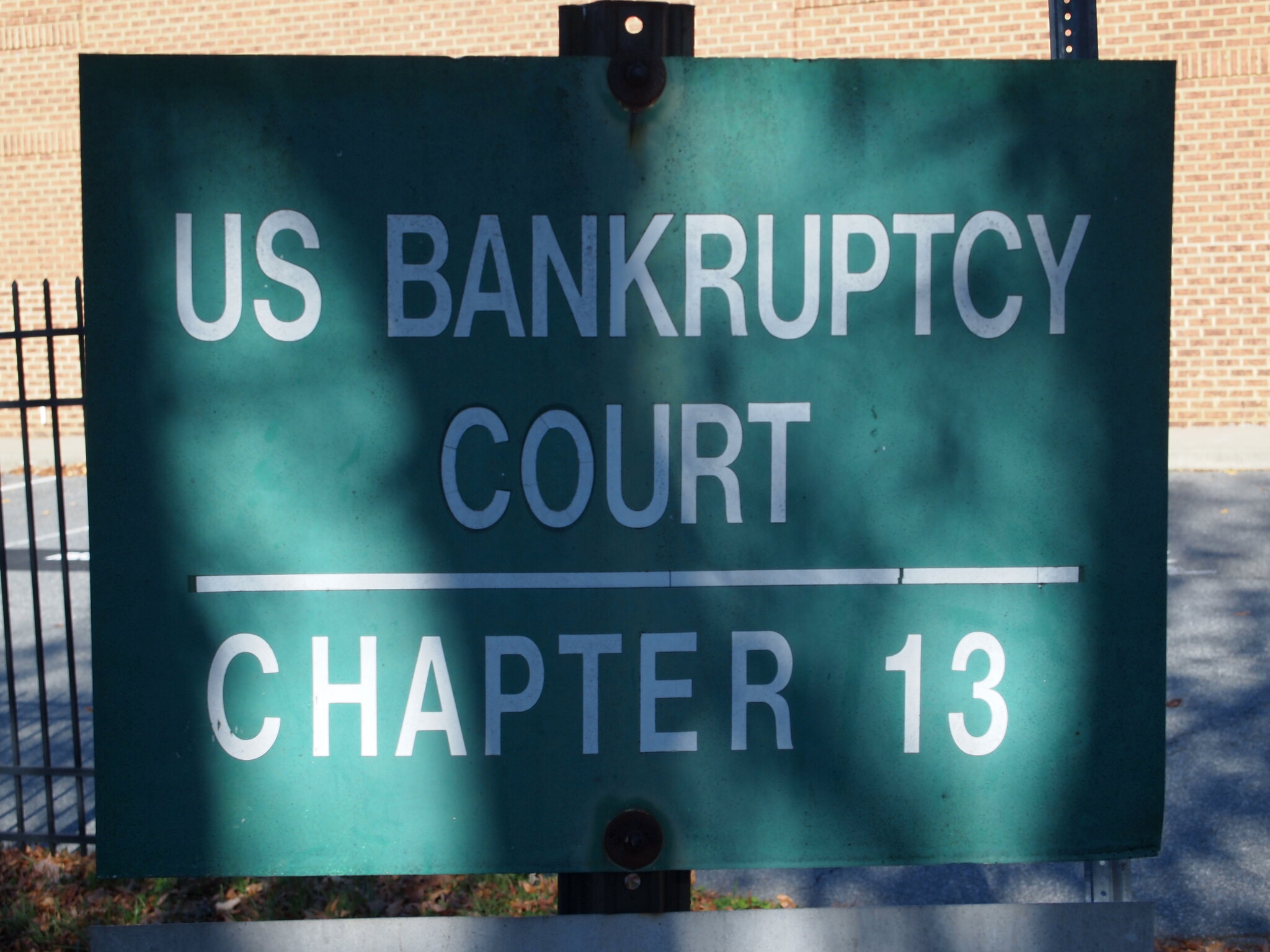By taking proactive steps towards addressing your debt issues through legal avenues like Chapter 13 bankruptcy, you can pave the way for a brighter financial future free from overwhelming debt burdens.
Debt can be a heavy burden to carry, impacting every aspect of your life from your financial stability to your mental well-being. If you’re facing overwhelming debt and struggling to make ends meet, Chapter 13 bankruptcy could be the solution you need to regain control of your finances. Let’s explore how Chapter 13 bankruptcy works and how it can help you on your journey to debt relief.
Understanding Chapter 13 Bankruptcy
Chapter 13 bankruptcy, also known as reorganization bankruptcy, is designed for individuals with a regular income who are struggling to repay their debts. Chapter 13 bankruptcy offers a structured way to regain your financial footing without losing your assets. This process allows you to propose a repayment plan tailored to your financial situation, typically lasting three to five years, during which you can catch up on missed payments while keeping your home and car. Unlike Chapter 7, which may require liquidating assets, Chapter 13 protects your property while giving you a clearer path to managing and ultimately eliminating your debts. By filing for Chapter 13, you can halt foreclosure proceedings and collection actions, allowing you the opportunity to reorganize your finances in a way that aims for long-term stability rather than immediate liquidation. This makes it an appealing option for those looking to reclaim financial independence while maintaining their daily lives.
How Chapter 13 Can Help You
Stop Foreclosure
One of the most significant benefits of filing for Chapter 13 bankruptcy is the automatic stay provision, which halts foreclosure proceedings on your home. The automatic stay provision that comes with Chapter 13 halts all foreclosure actions as soon as you file, offering a protective shield against lenders. This pause enables you to develop a comprehensive repayment plan that addresses missed mortgage payments over a period of three to five years. During this time, you’ll have the opportunity to negotiate with your lender, potentially reducing your monthly payments or modifying the terms of your loan. Additionally, as long as you adhere to your repayment plan, you can prevent further attempts by lenders to reclaim your property, turning a precarious situation into one where you can regain financial stability—keeping not just your home, but also peace of mind.
Repay Debts Over Time
Addressing multiple debts can often feel overwhelming, but Chapter 13 bankruptcy allows you to streamline your financial obligations into a single, manageable monthly payment, tailored to your specific income and expenses. This process not only simplifies your budgeting but also provides relief from the stress of juggling various creditors. By consolidating your debts, you can focus on paying off what you owe over a structured repayment plan, typically lasting between three to five years. This plan can include adjustments based on your disposable income, making it easier to meet your obligations without sacrificing essential living expenses. Additionally, Chapter 13 offers the flexibility to address secured debts, such as your mortgage or car loan, while potentially negotiating lower interest rates or modifying payment terms. Ultimately, this program not only helps you regain control over your financial situation but also paves the way towards lasting debt relief and financial stability.
Protect Co-Signers
If you have co-signers on your loans, it’s important to consider how filing for Chapter 13 bankruptcy can safeguard them from creditor actions. When you include these debts in your repayment plan, the automatic stay not only halts collection efforts against you but also protects your co-signers from being pursued by creditors. This is particularly beneficial in situations where your co-signers may face financial repercussions if payments are missed, as they would typically be liable for the debts you owe. By addressing these debts through Chapter 13, you can create a structured repayment schedule that allows you to manage your financial obligations without putting your co-signers at risk of having their credit affected or facing collection actions. This protective measure adds a layer of security, ensuring that your financial difficulties do not inadvertently impact the financial well-being of those who stood by you in times of need.
Retain Non-Exempt Assets
Retaining your non-exempt assets during bankruptcy can significantly alleviate the stress of financial distress, allowing you to maintain your quality of life while addressing your debts. Chapter 13 bankruptcy uniquely empowers individuals to keep crucial possessions, such as their homes, cars, and essential personal property, as they work towards repayment. This approach means that while you’re reorganizing your finances, you won’t need to disrupt your daily life or liquidate valuable assets. The repayment plan enables you to make manageable payments that reflect your income, ensuring that you can retain property that is not categorized as non-exempt under bankruptcy law. For instance, if your vehicle or home qualifies as exempt under your state’s regulations, you can continue enjoying these essential assets while fulfilling your financial obligations. This flexibility encourages a smoother transition back to stability without the added pressure of losing significant possessions that support your lifestyle and responsibilities.
The Process of Filing for Chapter 13 Bankruptcy
Initiating the Chapter 13 bankruptcy process allows individuals to create a structured repayment plan that directly addresses their specific financial challenges, making it a tailored solution to regain control of their debts. To begin, you will need to file a petition with the bankruptcy court, accompanied by comprehensive documentation regarding your financial status, including your monthly income, expenditures, assets, and liabilities. This initial step is critical as it establishes the foundation for your repayment plan and ensures that the court has a complete understanding of your situation. Additionally, attending credit counseling sessions prior to filing can provide valuable insights into managing your debts and may be a requirement depending on your jurisdiction.

Once your petition is submitted, the court will review your proposed repayment plan, which needs to clearly outline how you plan to repay your debts over a period of three to five years. The Trustee appointed by the court plays a pivotal role, distributing your monthly payments to creditors according to the plan’s terms. As you embark on this journey, adhering to the repayment schedule not only helps shield you from creditor actions but also empowers you to rebuild your financial standing. With the protection of the automatic stay in place, you can focus on fulfilling your obligations without the constant pressure of collection calls or foreclosure threats, allowing you to take meaningful steps towards financial recovery.
Seeking Legal Guidance
Engaging a Chapter 13 attorney can significantly increase the likelihood of successfully crafting a repayment plan that not only meets legal requirements but also aligns with your financial capabilities. A qualified attorney brings valuable experience in evaluating your financial situation, identifying potential exemptions, and constructing a tailored plan that maximizes asset retention while ensuring compliance with bankruptcy laws. They can assist in accurately compiling necessary documentation, navigating creditor negotiations, and addressing any objections that might arise during the court review process. Understanding the intricacies of the law can be overwhelming, but an attorney focuses on minimizing complications, helping you to stay on track with payments, and providing strategies to manage your debts effectively. This professional support not only alleviates stress but empowers you to make informed decisions at each step, ultimately guiding you toward lasting financial recovery.
If you’re considering filing for Chapter 13 bankruptcy or want more information on how it can benefit you, consulting with an experienced attorney specializing in Chapter 13 bankruptcy is essential. By taking proactive steps towards addressing your debt issues through legal avenues like Chapter 13 bankruptcy, you can pave the way for a brighter financial future free from overwhelming debt burdens.


Join the conversation!